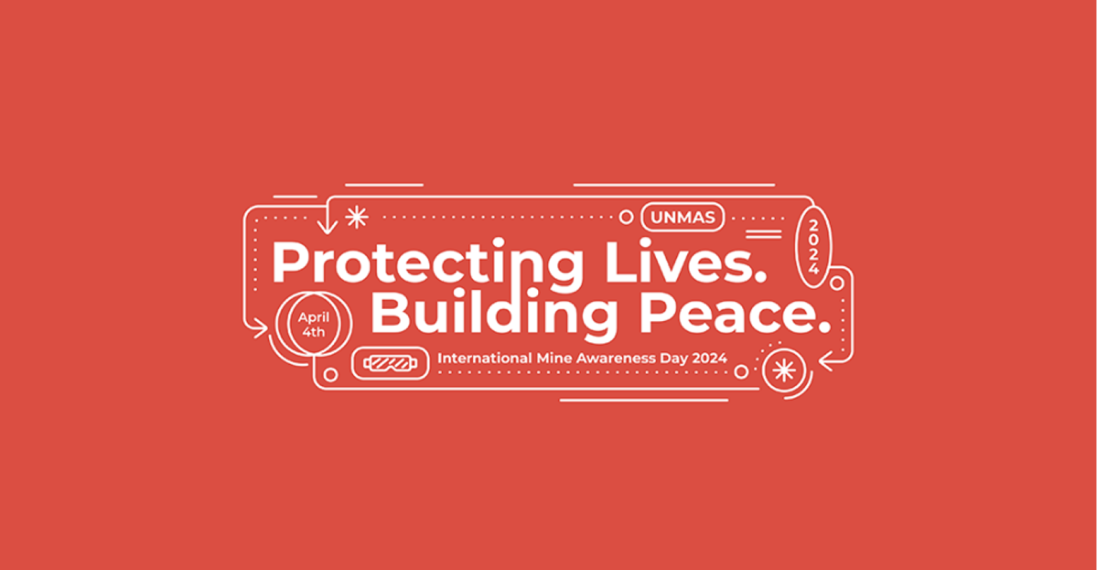On 8 December 2005, the UN General Assembly declared that 4 April of each year shall be observed as the International Day for Mine Awareness and Assistance in Mine Action. This initiative continues to be supported by countries, organisations, and communities around the world.
This year, the theme is “Protecting Lives. Building Peace.” — reminds us of the need to safeguard those at particular risk, including people living with disabilities, women, children and other vulnerable groups. This is a particularly poignant theme in the South Caucasus where the problem of landmines is acute, and the region is now identified as among the ones with the highest contamination of landmines in the world.
In his message on the occasion of this year’s International Landmine Awareness Day, UN Secretary-General António Guterres said:
“Even after the fighting ends, these deadly devices can contaminate communities for decades to come, posing a daily and deadly danger to women, men and children alike, and blocking vital humanitarian and development assistance.”
In his message, the UN Secretary-General urged Member States to ratify and fully implement the Anti-Personnel Mine Ban Convention, the Convention on Cluster Munitions, and the Convention on Certain Conventional Weapons.
"I also call on Member States to support the United Nations Mine Action Strategy, and ratify and fully implement the Anti-Personnel Mine Ban Convention, the Convention on Cluster Munitions, and the Convention on Certain Conventional Weapons. Country by country, community by community, let’s rid the world of these weapons, once and for all", Guterres added.
LINKS Europe Statement on International Day for Mine Awareness and Assistance in Mine Action 2024
In a statement from its offices in The Hague, LINKS Europe Foundation, said that on a daily basis, people are becoming victims of landmines in different parts of the South Caucasus. International Day for Mine Awareness and Assistance in Mine Action provides us with an opportunity to focus on this problem and ensure that it does not simply become just another daily inconvenience. We regret that as yet the international community has failed to recognise the enormity of the problem, and to respond accordingly.







